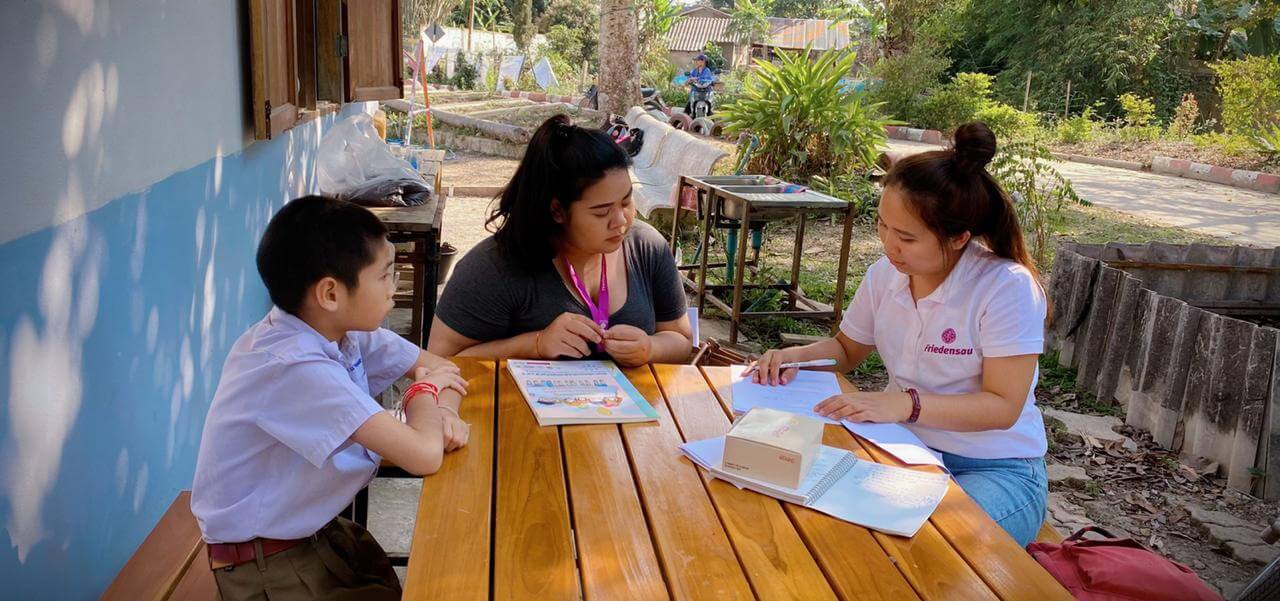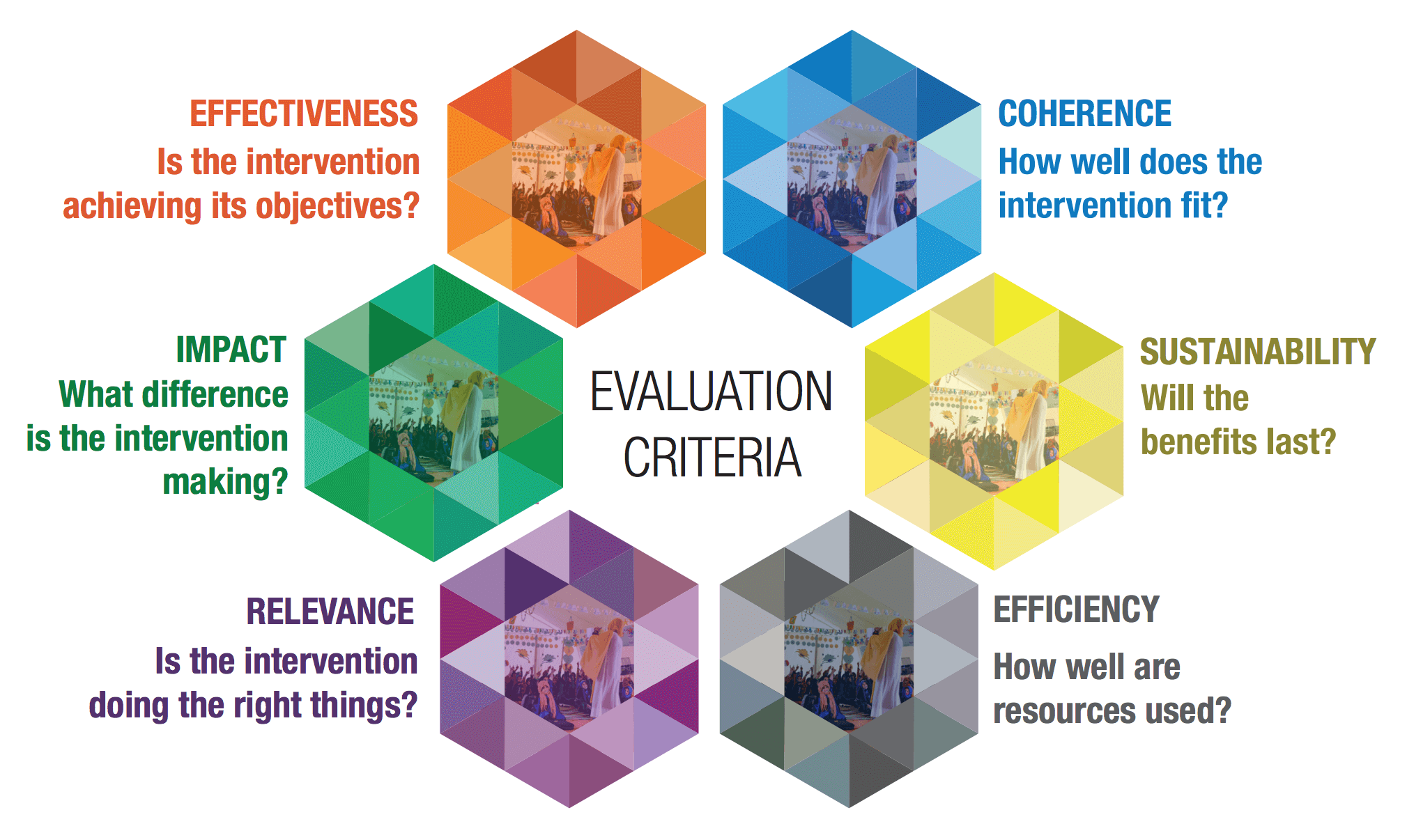Evaluations
Project evaluation for the improvement of results of any intervention logic in development cooperation and humanitarian aid is complex regarding the different components of the project. The most relevant issues that we cover in our evaluations are:
Planning (basic motives, needs identification, data collection, analysis and interpretation, aims and goals and their achievement in a time frame according to technical, social, political, cultural, ecological and economic factors);
Overall objectives, outputs, results, outcomes, intermediate goals, sub-goals, and impacts regarding specific tasks;
Methods (means and ways to achieve objectives), instruments, activities, means (material and human), cost efficiency of means-end relation, qualitative effectiveness, technical feasibility, economic viability;
Different modes of sustainability (economic, social, environmental, internal and external sustainability);
Capacity building, self-help and self-reliance, autonomous decision- making, participation and ownership, human resource development;
Management (financial, technical, personal), time management, internal reporting system, bookkeeping, auditing, personal competencies, responsibilities;
Information management (monitoring, process evaluation, summary evaluation, record keeping, reporting);
Target groups, stakeholder analysis (planned and factual), user of services, beneficiaries (women, men, children, senior citizens, poor, rich, ethnic groups, religious, linguistic, stakeholders of any sort);
Structure of support agency, capacity and performance of agency, donor and recipient agencies, service providers, administration, contract law;
Networking, structural policy, sustainable institution building, social security, social legislation;
General frameworks (values, justice, peace, law and order, human rights).
Methods
The complexity of evaluation issues demands diverse instruments and methods of data collection, data analysis and interpretation with quantitative and qualitative methods. Accordingly, different evaluation approaches are used:
Empirical || Indicator-based ||
Phenomenological-hermeneutic || Ethnographic ||
Participatory || Comparative || Systemic ||
Cultural adaptive || Business management || Auditing and others.
Methods
Standards
FIFE evaluation standards are entrenched in existing international guidelines, particularly the OECD-DAC criteria



